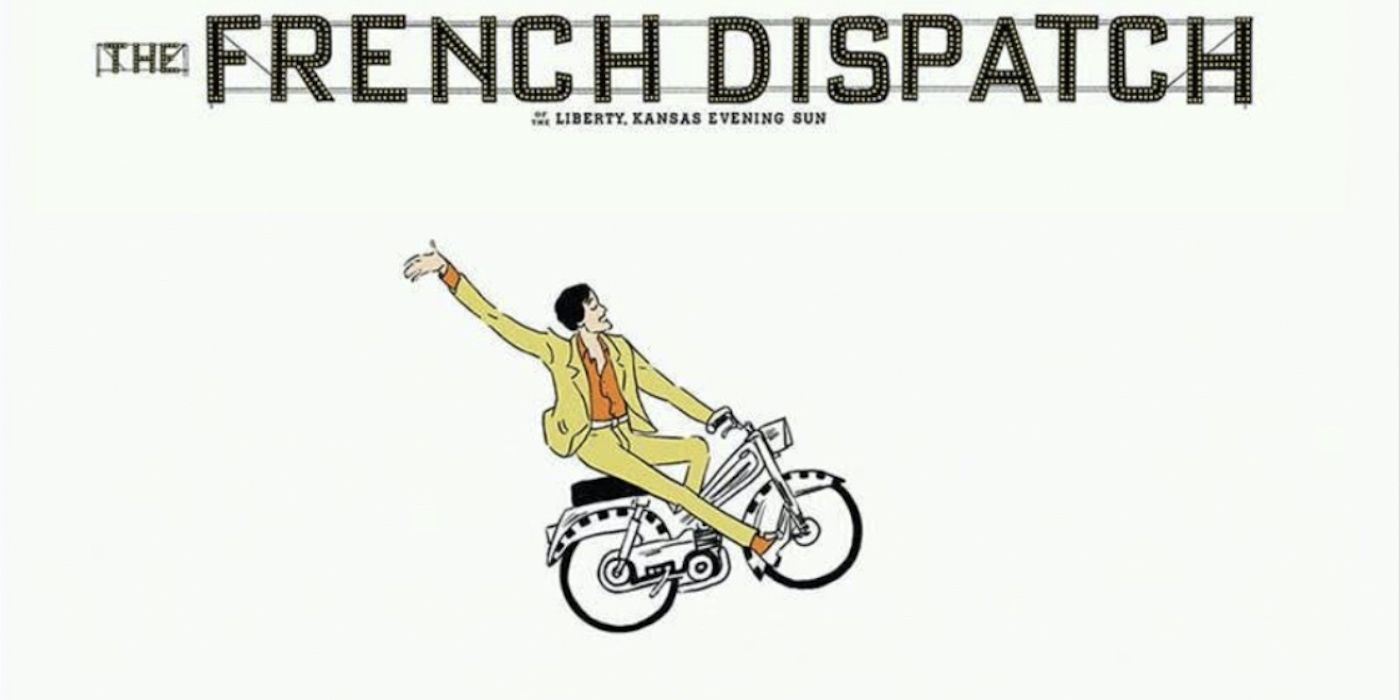

It shows that you don’t always have to be bombastic Sometimes you can be minimal and still be musical and efficient. The music cues do an uncannily effective job of complementing the eccentric characters who get caught up in this zany scheme. That’s why I needed the music to be sparse, and uh… inexorable. If I’d tried to do more, it would have killed the actors, making it impossible to listen to them, follow them, be attracted to them. It feels like the music leaves room for the performances to breathe? Here it’s the same concept except it’s just a few instruments. That allowed me to do anything with the rest of the orchestra – – French horns, tubas, strings, bassoons. I used four flutes for the opening and repeated that, with some variations but always at this high register. Therefore the music needed to be obsessively repetitive. On top of that, actors are delivering pages of lines, so if I had written a crazy full-speed bombastic score, there’d be no way you would be able to digest what’s going on.

There’s so much to watch and pay attention to with the visuals. Yeah, it’s kind of hypnotic! Why did you come up with such a simple melody? For “Police Cooking,” you used a grand total of three notes played in the piano’s bass register with the left hand. Your most prominent theme recurs throughout the film’s climactic story about the kidnapping of a police chief’s son. Harpsichord, tuba, bassoon, mandolin, banjo. As the story goes along, we have different instruments joining. The piano became the core of the score, which lends the film continuity. It seemed very Dada to have these sparse piano notes resonating in a huge venue. He’s a silent man who paints abstract paintings of a naked model who turns out to be a prison guard in this huge empty space. You keep it sparse right from the start, using only solo piano to accompany the story about Benicio Del Toro’s criminally insane artist. I told him and suggested that the score should also be as strange and sparse. It’s provocative, fun, surprising so to me, the script was really Dada-influenced, even though Wes didn’t know that. Yes, artists like Marcel Duchamp from around 1915 to about 1925.

After I finished reading The French Dispatch, I told Wes it was the most dadaistic script he’s ever written.Īs in Dadaism, the European avant-garde art movement? What was your key influence for The French Dispatch? For your Oscar-winning Grand Budapest Hotel music, you drew on the Central European folk song tradition in Isle of Dogs, Japanese Taiko drums played a defining role.
Wes anderson french dis soundtrack movie#
Alexandre Desplat.įrom one film to the next, each Wes Anderson movie requires very different music. Taking a rare day off in Los Angeles, Desplat explains why Wes Anderson never over-explains and how he found inspiration for The French Dispatch in Marcel Duchamp and Duke Ellington. Set in the fictitious village of Ennui-sur-Blasé, Dispatch casts Anderson regulars Bill Murray, Owen Wilson, Frances McDormand, and Tilda Swinton along with newcomers Benicio Del Toro, Timothée Chalamet, and Jeffrey Wright in three un-related stories bound together by Anderson’s eye and Desplat’s ear.įreakishly prolific, Desplat scores up to 11 movies a year, customizing his musical palette to suit each project’s personality. Fox, Moonrise Kingdom, The Grand Budapest Hotel, and Isle of Dogs before creating the pared-down score for his current release The French Dispatch.ĭesplat’s quirky piano pieces complement the movie’s New Yorker-inspired vibe. An eleven-time Oscar nominee and winner of two Academy Awards, Desplat teamed with Anderson on Fantastic Mr.

His last four movies featured contributions from the same production designer ( Adam Stockhausen), the same cinematographer (Robert Yeoman), the same music supervisor (Randall Poster), the same costume designer (Milena Canonero ), and, crucially, the same composer: Alexandre Desplat. Wes Anderson’s dollhouse-perfect motion pictures radiate an unmistakable sensibility brought to life by a remarkably consistent team of below-the-line talent.


 0 kommentar(er)
0 kommentar(er)
